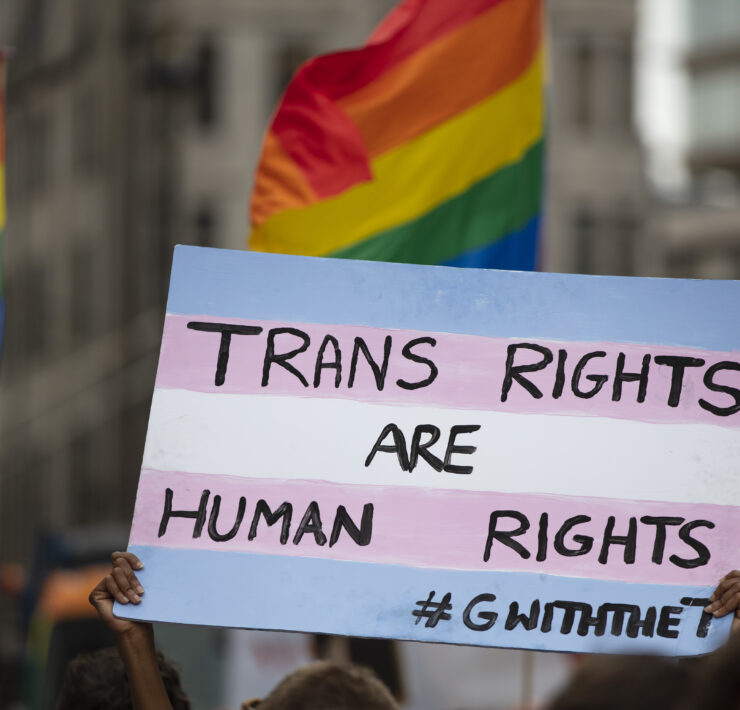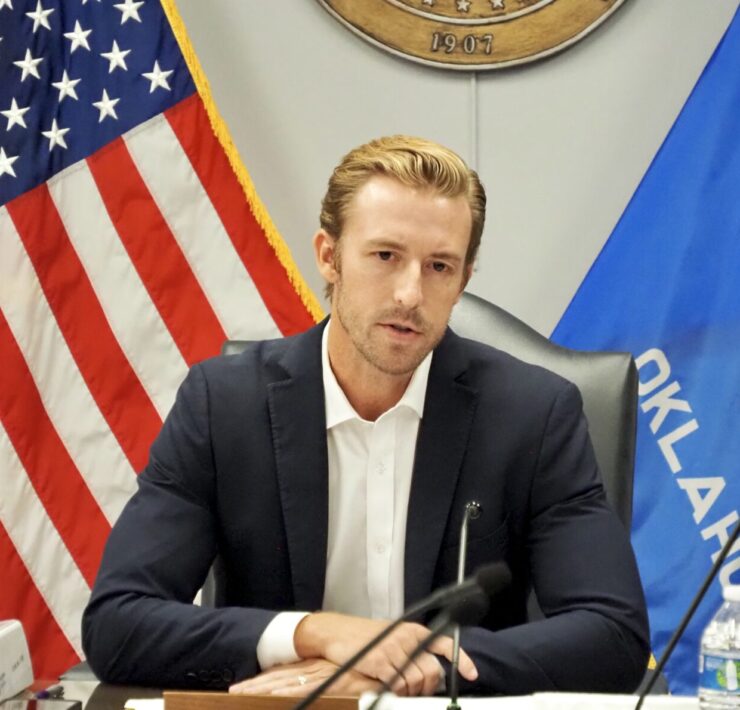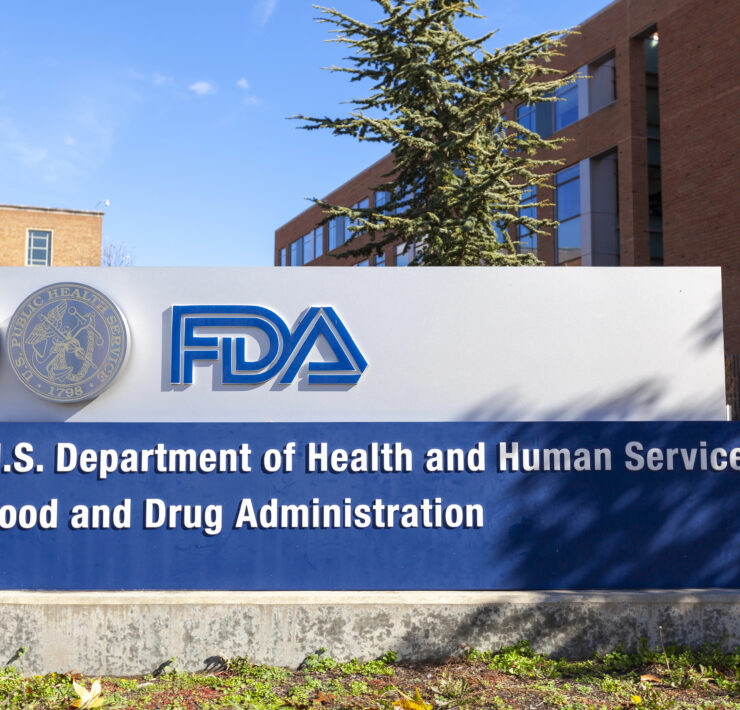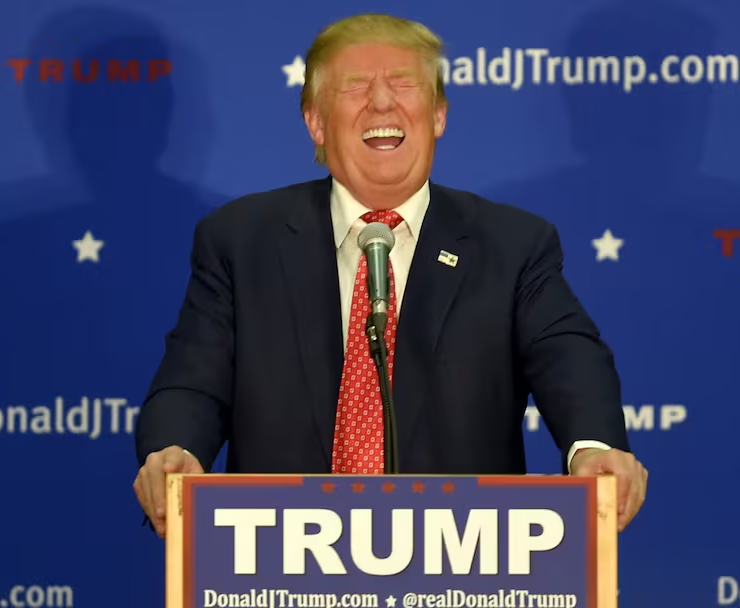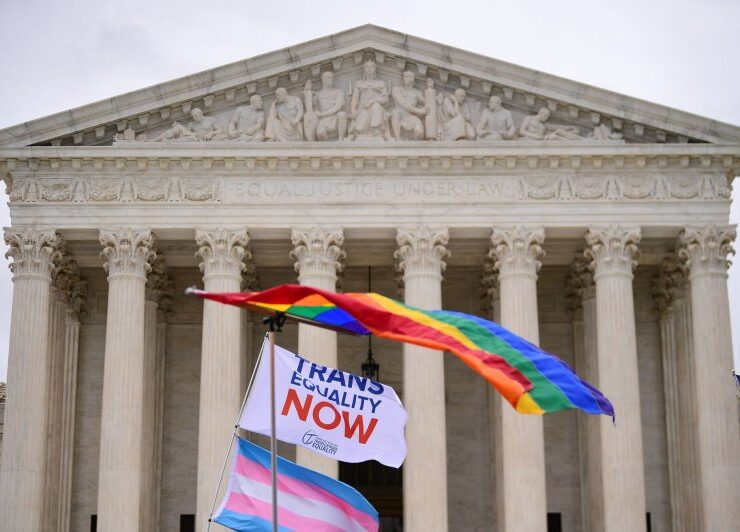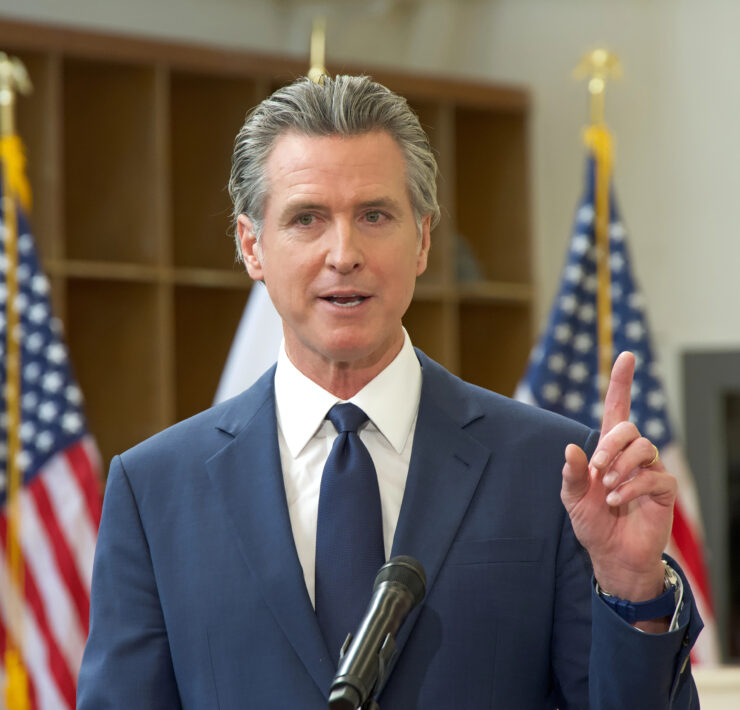Supreme Court to Hear LGBTQ Discrimination Case in December

Keegan (they/them) is a journalist/artist based in Los Angeles.
After making headlines throughout 2022, the U.S. Supreme Court will hear oral arguments before the year’s end surrounding a case that could shape free speech and LGBTQ-inclusive laws in the future.
The Supreme Court will hear the case of Lorie Smith, owner of 303 Creative, on December 5, The Advocate reports. Smith claims that, although she is looking to expand her wedding business, serving same-gender couples would violate her conservative Christian beliefs and right to free speech. Smith first filed suit in 2016, challenging Colorado’s LGBTQ-inclusive nondiscrimination law, losing at the federal district court and appeals court levels.
The Supreme Court agreed to hear the case, 303 Creative v. Elenis, in February. In August, the Colorado Attorney General’s Office asked the Supreme Court to uphold Colorado’s anti-discrimination law, after the district court claimed that the owner hadn’t shown an injury to her business and the circuit court said Colorado was allowed to protect “the dignity interests” of the state’s marginalized residents.
Smith is represented by the Alliance Defending Freedom, an anti-LGBTQ legal nonprofit that also represented Colorado baker Jack Phillips, who ended up winning his case in the high court. Phillips had a similar argument, refusing to create a custom wedding cake for a same-gender couple, though the Colorado Civil Rights Commission found he had violated the state’s anti-discrimination law. The Supreme Court ultimately removed the commission’s judgment, saying commissioners showed bias against his religious beliefs, but it did not establish a broad right to discriminate against LGBTQ folks or otherwise.
Lambda Legal Chief Legal Officer Jennifer Pizer tells the Washington Blade there is “an immeasurably huge amount” a stake in this case, especially given the 6-3 majority of conservatives currently appointed on the Supreme Court.
“This contrived idea that making custom goods, or offering a custom service, somehow tacitly conveys an endorsement of the person—if that were to be accepted, that would be a profound change in the law,” Pizer says. “And the stakes are very high because there are no practical, obvious, principled ways to limit that kind of an exception, and if the law isn’t clear in this regard, then the people who are at risk of experiencing discrimination have no security, no effective protection by having a nondiscrimination laws, because at any moment, as one makes their way through the commercial marketplace, you don’t know whether a particular business person is going to refuse to serve you.”
While we won’t have more answers until December, stick with OFM for more updates on this developing story.
What's Your Reaction?
Keegan (they/them) is a journalist/artist based in Los Angeles.



